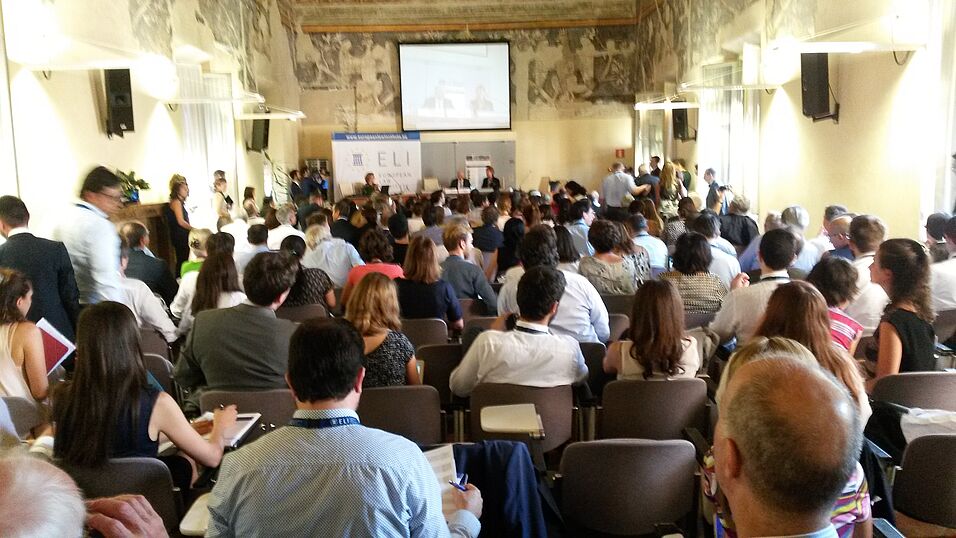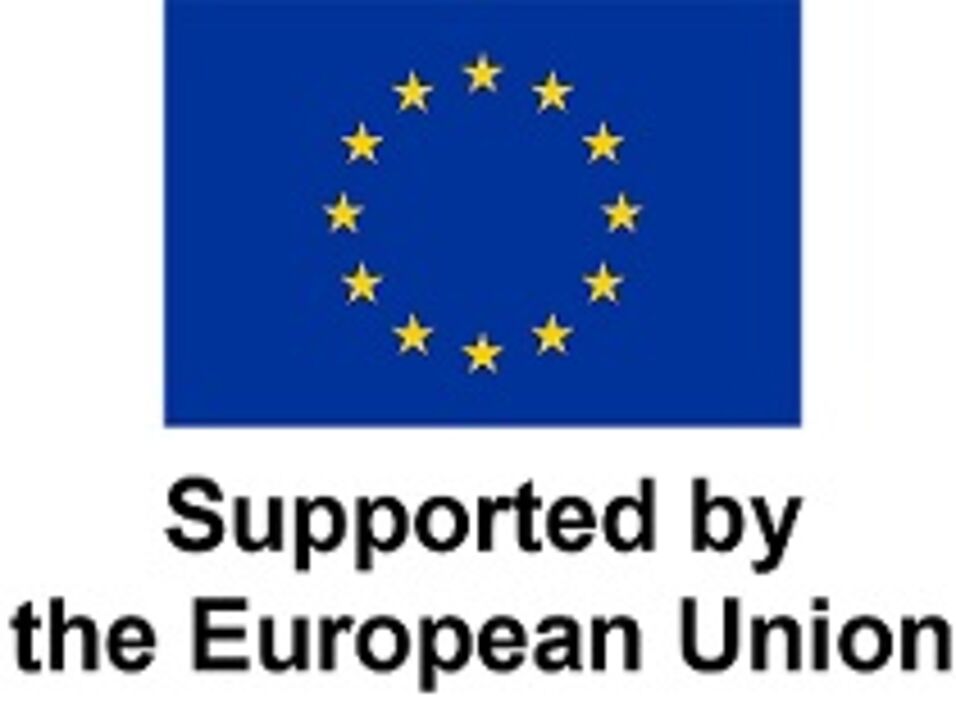President Lenaerts stressed the extreme importance of the ELI, as a network of experts representing different legal traditions, which enables to learn from one another about the strongest parts of our respective national systems and make them work together. He highlighted the comparative law method as “a valuable interpretative tool that serves to strike the dynamic balance” between unity and diversity and stressed that the CJEU will continue to be a steady partner of the ELI.
Digitalisation is one of the substantive transformative phenomena of recent years. It has already brought about legislative changes and requires the European legal community to strike a fair balance between protection of consumers and businesses and harmonization that can increase cross-border trade and help release the potential of the Digital Single Market. The Digital Single Market package proposed by the European Commission is seen by the ELI as a positive step and could be a great addition to European sales law, as stated in the 3rdSupplement to the ELI Statement on the CESL, which suggested ways to improve the proposals. According to Lord Thomas, Chair of the ELI Reporters of this Project, “the growth of the market for digital content makes it essential that clear law underpins that market and protects consumers. The ELI seeks to ensure that the proposals for legislation are revised so as to be as comprehensive and as fair to consumers as is practicable.”
But the EC proposals do not cover some aspects that are crucial for the protection of consumers and businesses. One of them is the “platform economy”, a new business model that has grown exponentially and is extending its influence into more and more markets for goods and services (taxis, hotels and an increasing number of goods and services). During the Conference, a discussion draft for a directive on online platforms was presented and discussed.
Access to justice also poses challenges in a digitalised world that will need creative solutions. The e-Codex initiative is an example of the innovative approach to use technology for the benefit of citizens in the legal field. The ELI supports the e-Codex project which, according to Ernst Steigenga will, together with e-Justice, “make European Justice more efficient, faster and cheaper and will make the citizen happier.”
The increased number of cross border legal disputes poses calls for the need to explore alternatives to formal justice. The ELI is keen on supporting these efforts and is working on a project aimed at scrutinizing the different types of Alternative Dispute Resolution (ADR) mechanisms in Europe, and at helping to bring them together in a seamless and harmonious manner where alternative and traditional justice can complement each other and serve European citizens better. “When visioning the future of court dispute system design, I prefer a policy of providing litigants with a menu of dispute resolution options. Mediation could appear as a standard appetizer on that menu. In such a system, courts operate similar as restaurants or diagnostic centers, where litigants get both, advice and resolution of their problems”, stated Ales Zalar one of the ELI Project Team members.
The focus of one of the closing panel sessions of the conference was access to justice and protection of the rights of a particular group of vulnerable persons: asylum seekers. The significant rise in the number of people detained in closed facilities is a consequence of the increasing number of asylum seekers and migrants reaching the EU’s external borders. European States must ensure that people who turn to Europe in their hour of greatest need are treated with dignity and respect for their fundamental rights. Being a measure of last resort, detention often raises the question of its reasonableness, and whether it is applied in accordance with appropriate conditions. This has put a strain on decision makers, including judges. To assist them in carrying out this difficult task, the ELI Project Team presented parts of the checklists it is developing, which set out all due process standards and material law including conditions for detention that judges must apply in these cases. It is hoped that these checklists will contribute to the protection of the rights of those in need, and to the enhancement of the implementation of existing EU law in the field.
The ELI 2016 Annual Conference came to a close in the afternoon, with the launch of the ELI Italian Hub as another example of the conviction of the ELI that its value lies in the integration of diverse legal traditions. The ELI would like to thank the Faculty of Law of the University of Ferrara for hosting the event, and all other supporters of the event.


